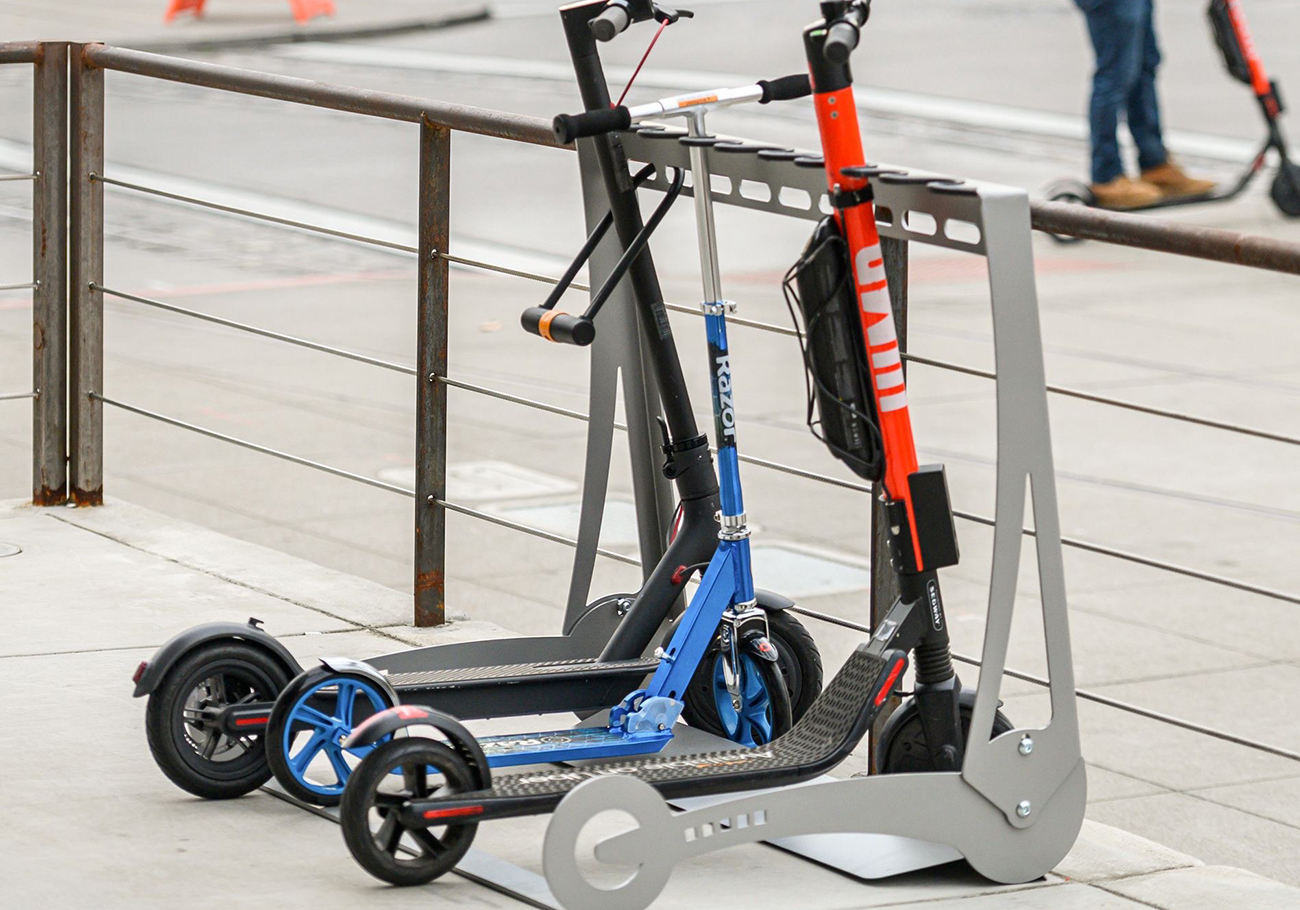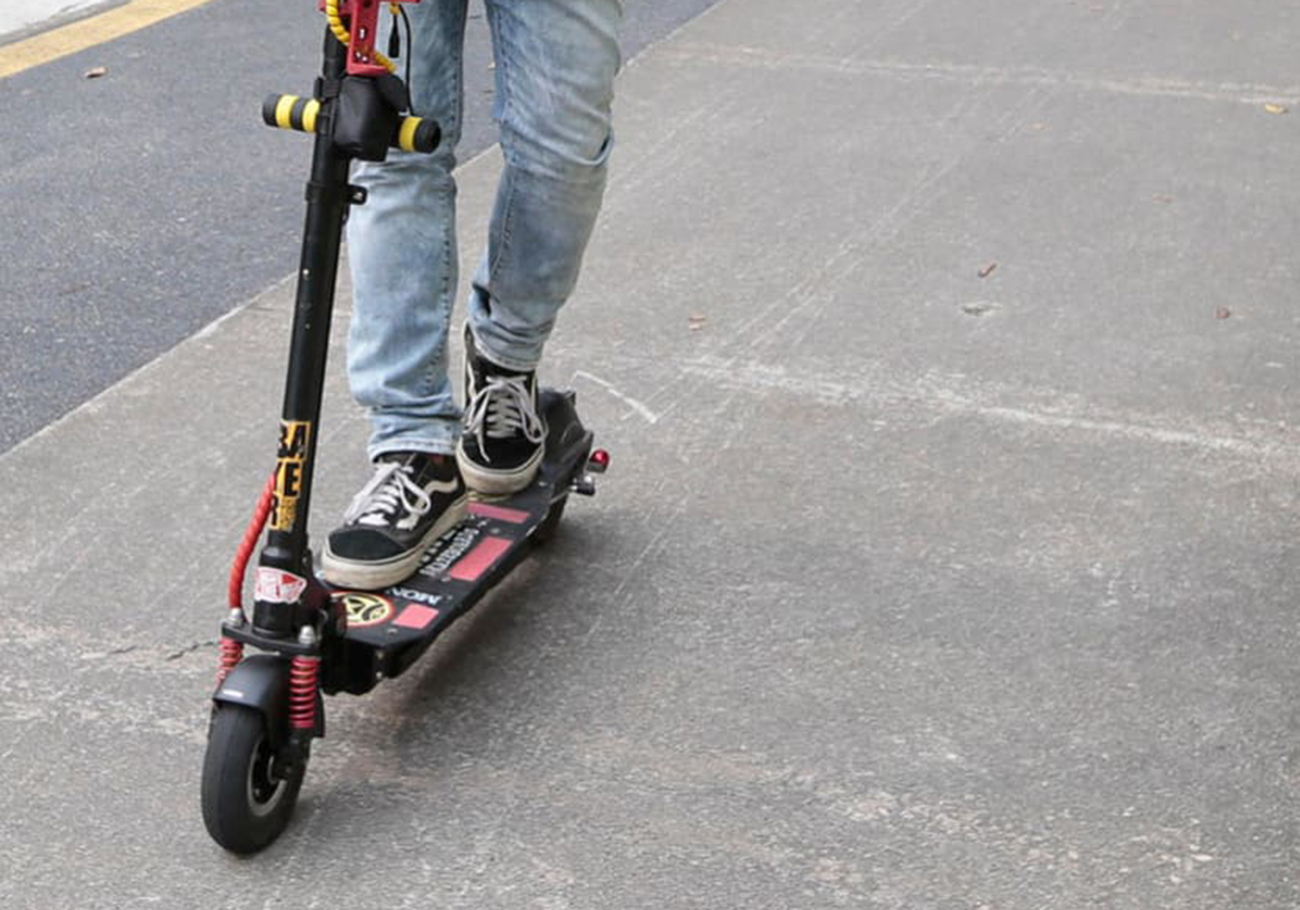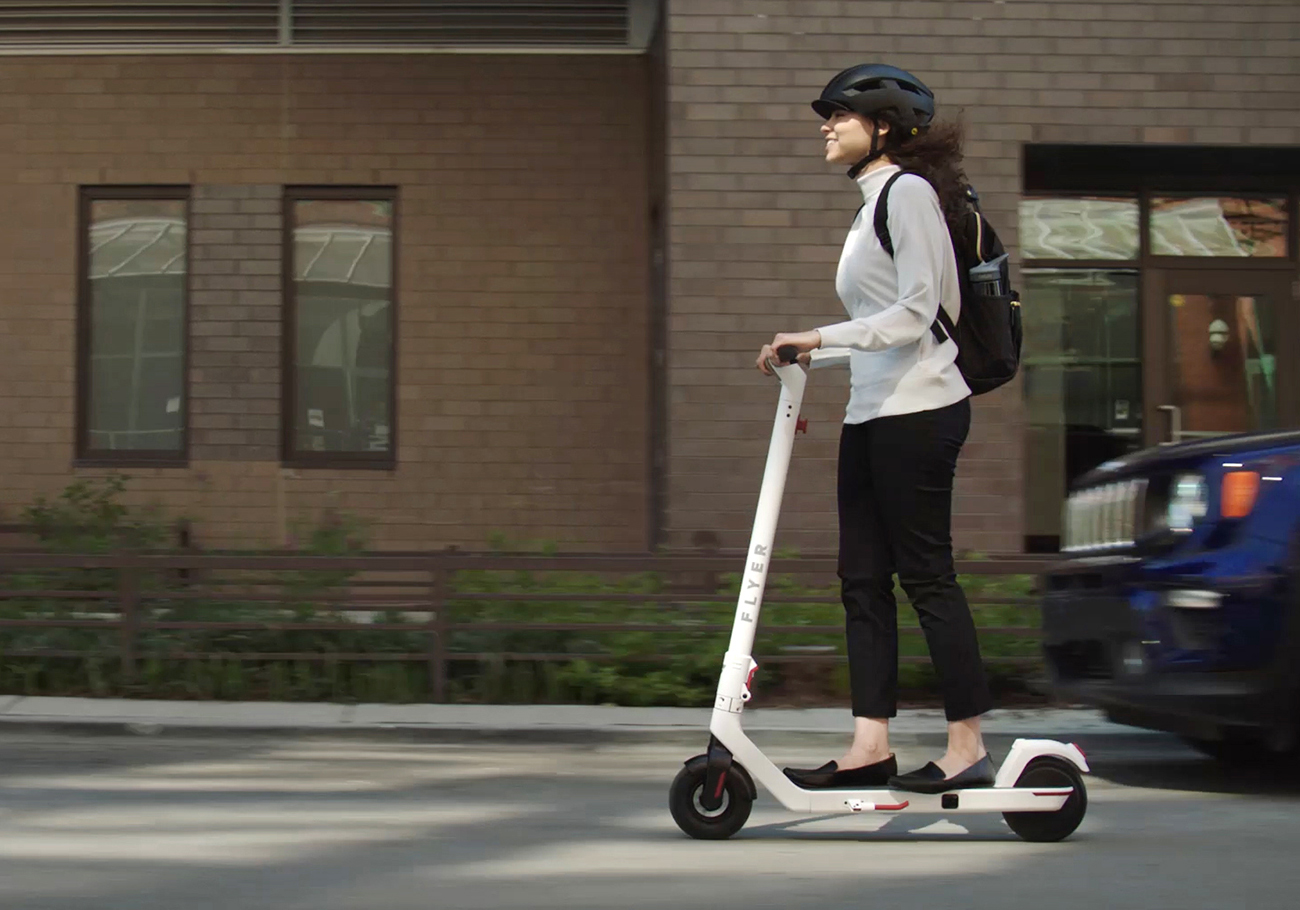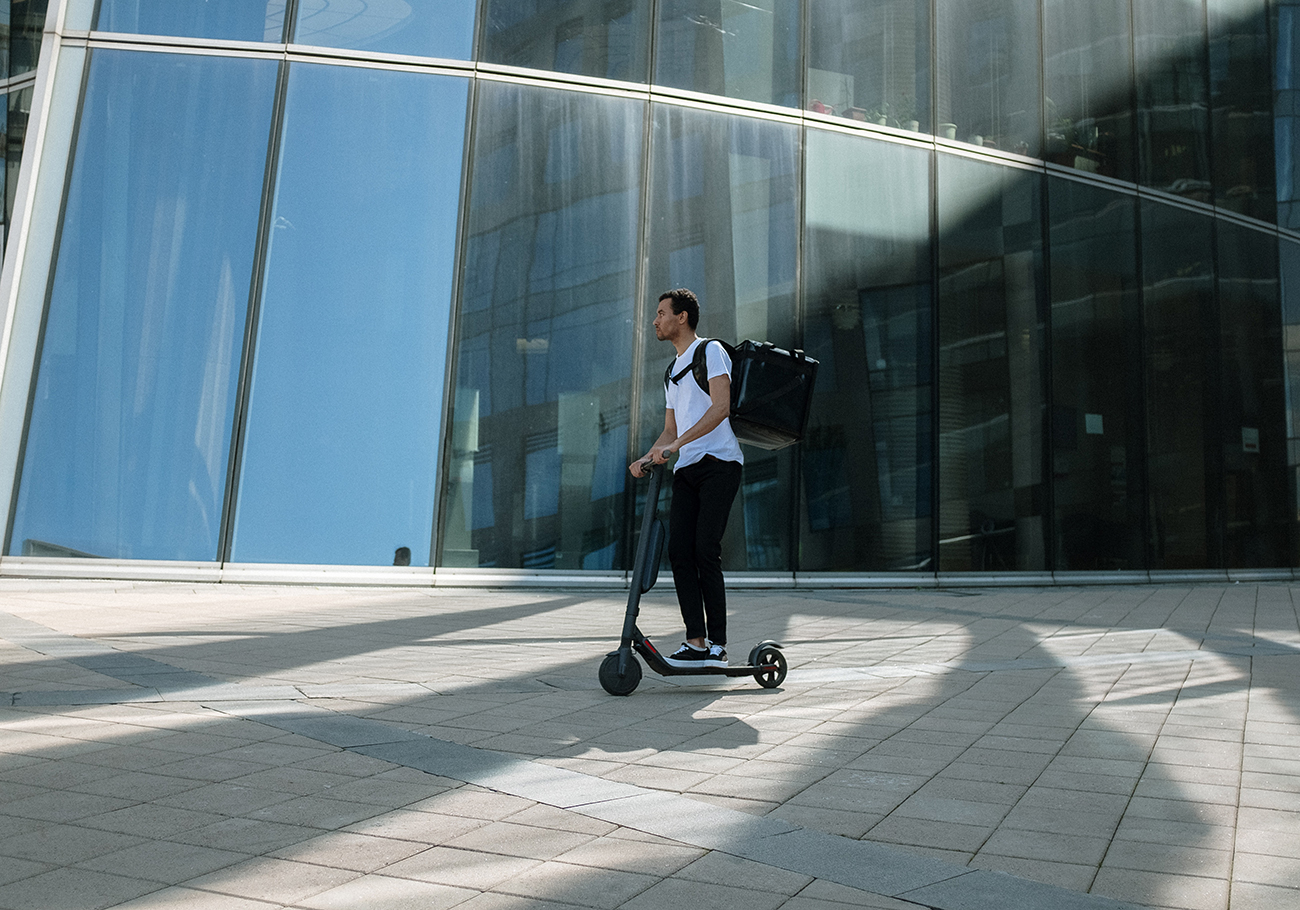
The Consumers Association of Penang (CAP) has issued a call to the government, urging them to regulate e-mobility products, particularly e-scooters, in light of safety concerns brought to the forefront by the Building Research Establishment (BRE) in United Kingdom.
In Malaysia, micro-mobility vehicles are defined as any vehicle with a maximum speed of 50 km/h, powered by electrical means, internal-combustion engines, human power, or a combination of these.
Recently, BRE, at the behest of Electrical Safety First in the United Kingdom, investigated lithium-ion battery fires in e-scooters and e-bikes, revealing the explosive nature of these batteries and the potential for “thermal runaway.”
Safety concerns on e-scooters

The BRE study exposed the alarming safety concerns surrounding e-scooters and e-bikes, especially related to lithium-ion battery fires. These fires are notorious for their intensity, explosions, and the release of toxic fumes.
They can be triggered by poor design or manufacturing defects leading to short circuits. The report also raised red flags about the online availability of do-it-yourself (DIY) e-bike conversion kits.
In the UK alone, four fatalities were reported in the first three months of this year due to lithium-ion battery fires, while several individuals sustained injuries and property damage. BRE focused on e-scooters and e-bikes due to the rising number of such incidents, and their findings offer a valuable lesson for Malaysia as e-scooters and e-bikes gain popularity in the country.
Such revelations point to the critical need for regulatory measures to address safety issues in the manufacturing and design of e-scooters and e-bikes in Malaysia. SIRIM and the Malaysian Energy Commission are called upon to take action in line with the recommendations put forth by BRE.
CAP: Urgent Lessons for Malaysia

BRE’s study serves as an urgent lesson for Malaysia, given the similarities in emerging e-scooter and e-bike trends. In the UK, where these issues have been experienced, authorities and organizations have learned the hard way about the potential dangers associated with these vehicles.
The significance of these findings cannot be overstated, given the rising popularity of e-mobility products in Malaysia. Preventative measures are essential to mitigate the risks associated with lithium-ion battery fires and to ensure the safety of users, as well as to prevent potential property damage.

The explosive nature of lithium-ion batteries, leading to ‘thermal runaway,’ highlights the urgency of addressing safety concerns promptly. It is imperative that the Malaysian government, regulatory bodies, and e-mobility manufacturers take proactive measures to safeguard consumers and the community from potential risks.
Addressing issues related to lithium-ion batteries, design, and manufacturing defects should be a priority. Ensuring that e-scooters and e-bikes meet stringent safety standards is crucial to prevent accidents, injuries, and property damage.
The findings of BRE’s research have sounded the alarm regarding the safety of e-scooters and e-bikes, and CAP’s call for government regulation is a step in the right direction. Proactive regulation can help mitigate the potential risks associated with these micro-mobility vehicles, protecting both users and the community.
The full report is available at the Electrical Safety First website.











